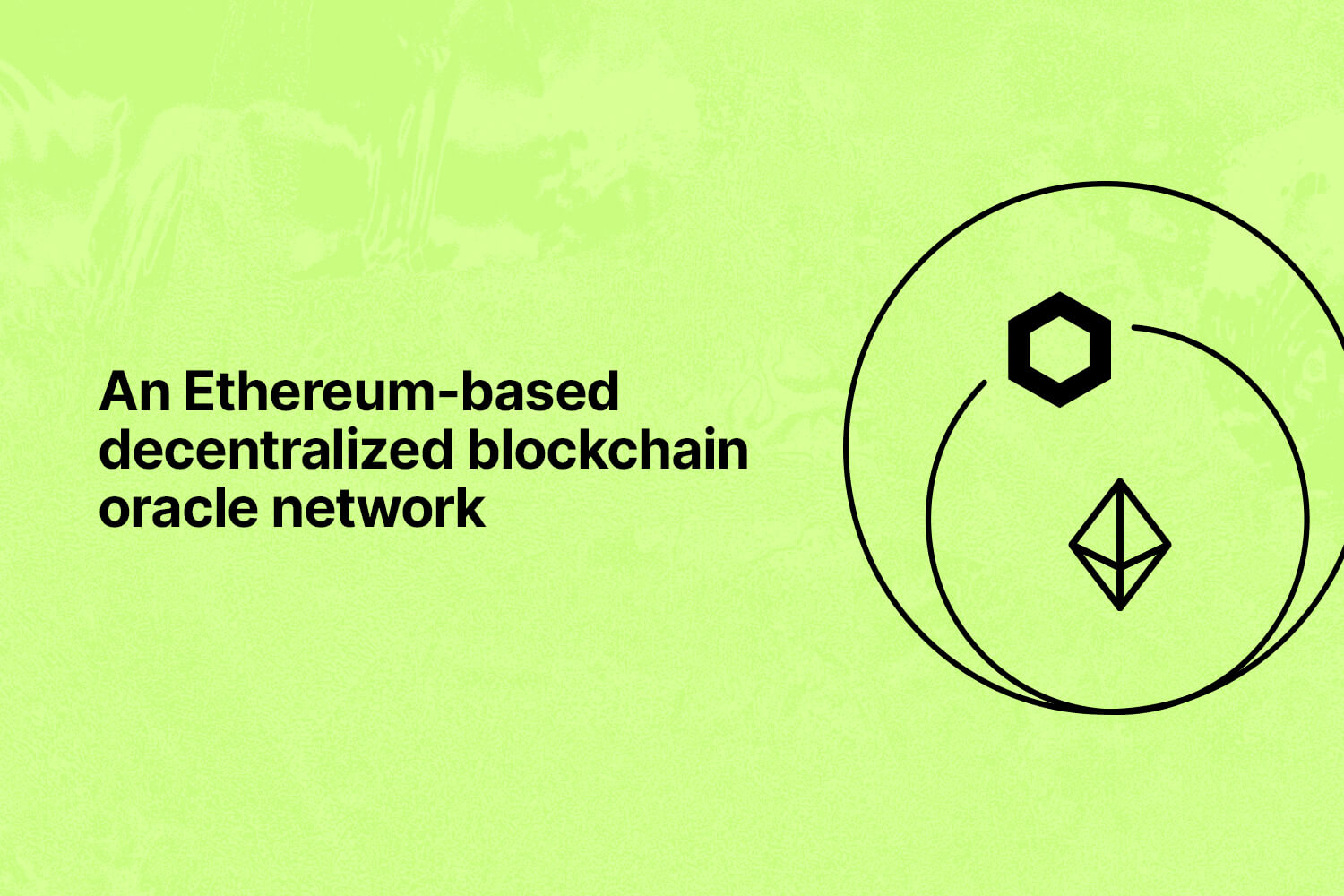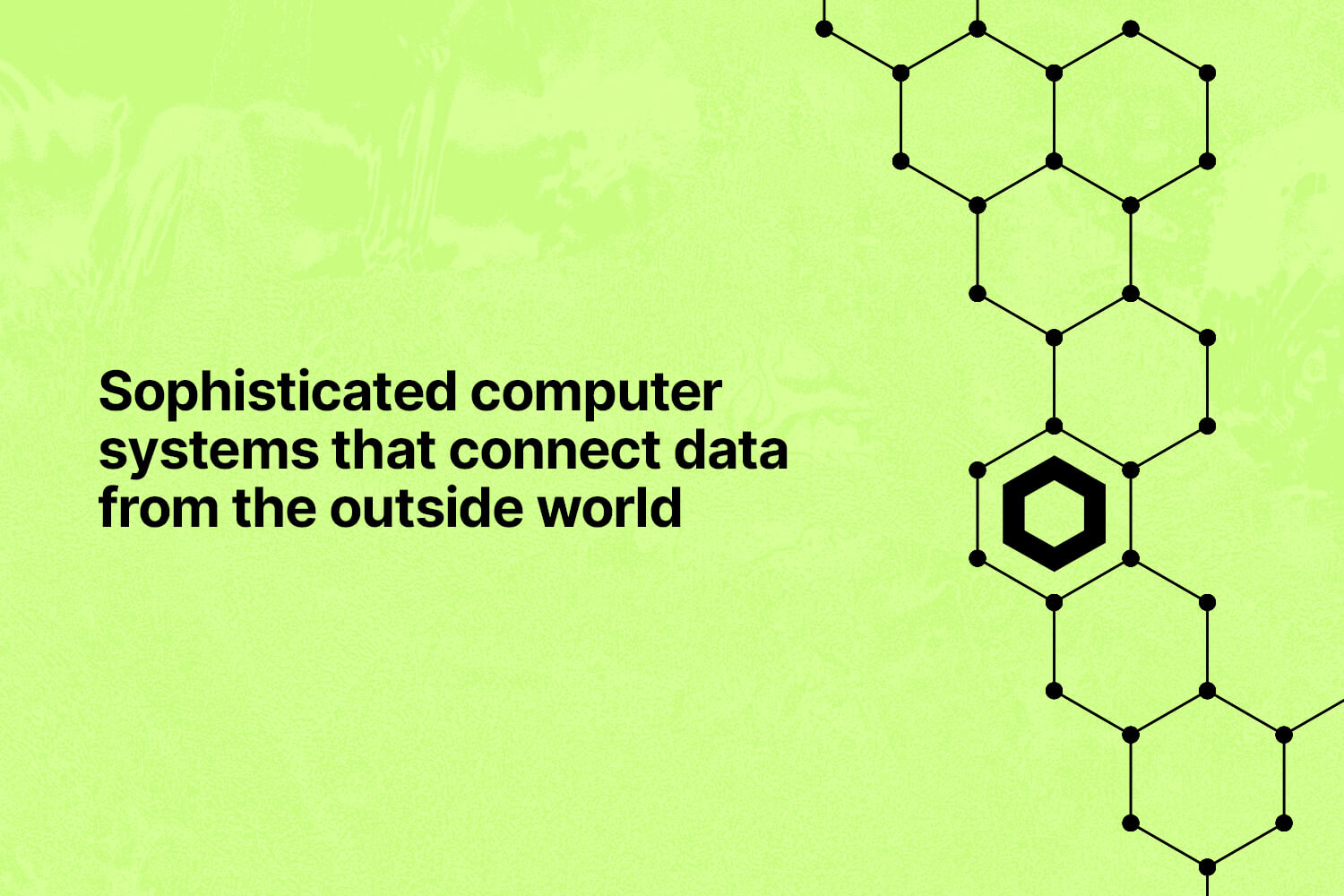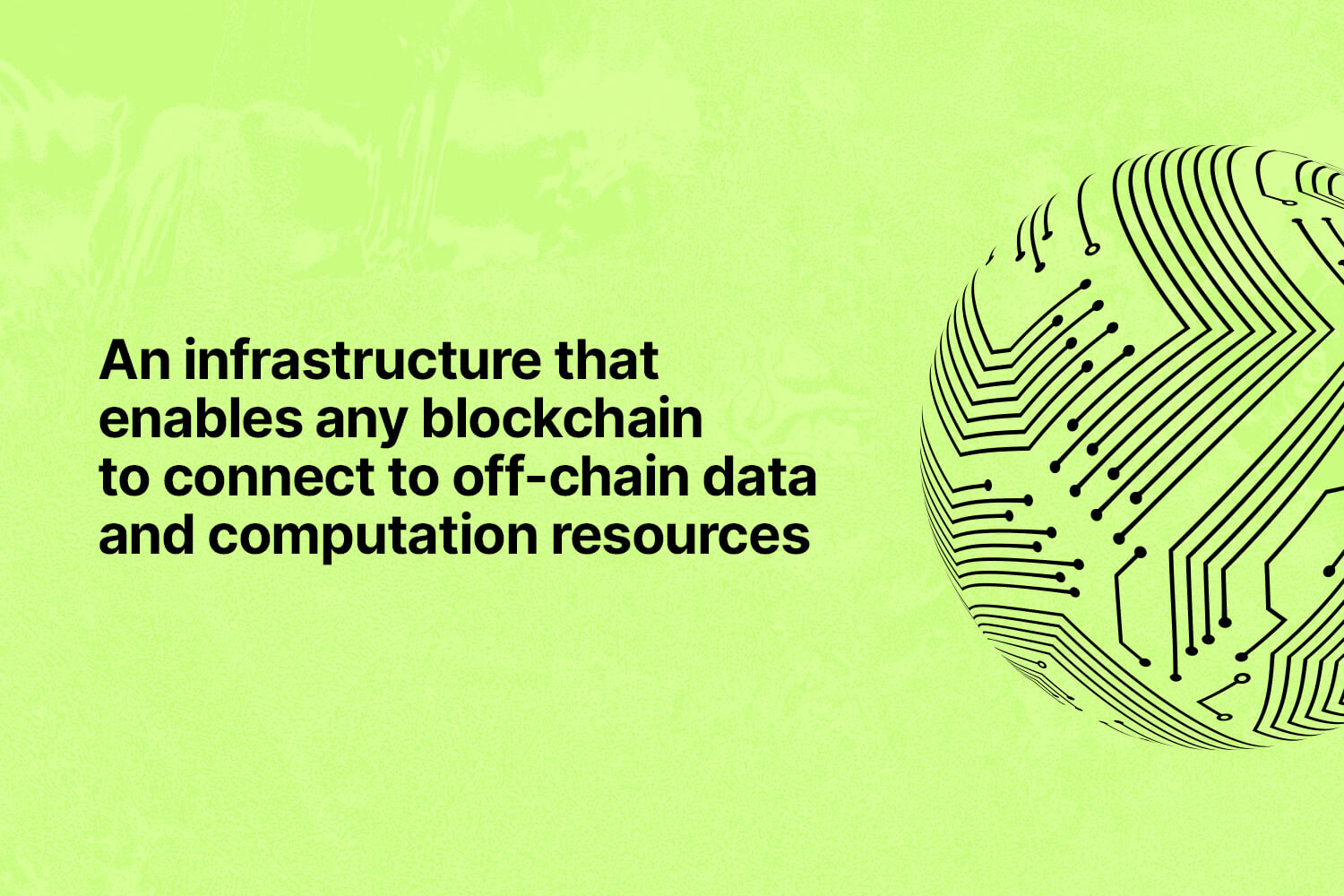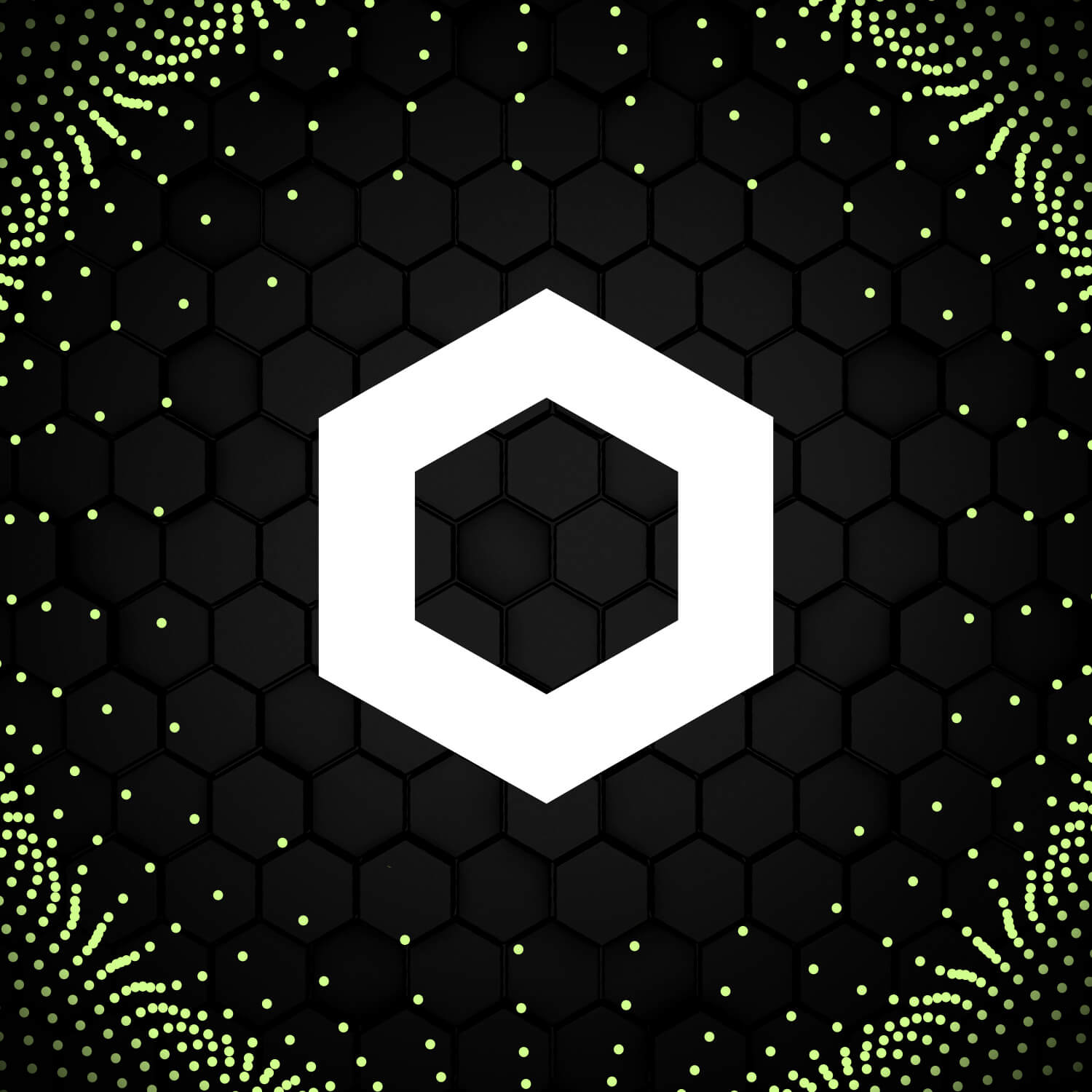Chainlink has announced that its long-awaited staking rewards, as well as two new programs designed to increase the economic sustainability of its services, will go live in December. Sergey Nazarov, co-founder of Chainlink, made the announcement at SmartCon 2022. Let’s explore chainlink technology.
What is Chainlink?

Chainlink is an Ethereum-based decentralized blockchain oracle network. The network is designed to make it easier to transfer tamper-proof data from off-chain sources to on-chain smart contracts. By connecting the contract directly to real-world data, events, payments, and other inputs, it can be used to verify whether the parameters of a smart contract are met in a manner independent of any of the contract’s stakeholders.
Chainlink provides various services—including price data feeds, weather data, random number generation for gaming applications, and, soon, secure cross-chain communication—mean that Chainlink is becoming a decentralized data services platform, akin to a Web3 version of AWS.
Some of the most valuable DeFi apps use Chainlink, including Aave, Compound, dYdX, Synthetix, and Nexus Mutual. Chainlink is built on a network of oracles, which are programs that convert off-chain data into data that blockchains and dapps can use. This allows smart contracts to settle automatically when their conditions are met. The number of oracles on Chainlink has increased by 30% since January. During the same time frame, the number of projects incorporating its services grew from 1,000 to 1,500.
Chainlink ensures the security of smart contracts that rely on data feeds by aggregating price data from a pool of independent nodes motivated by economic incentives rather than a single central party.
What are Oracle Networks?

Oracles are sophisticated computer systems that connect data from the outside world (off-chain) to the blockchain world (on-chain). Most blockchains include native cryptocurrencies that are used to transfer value, enable protocol operations, and facilitate governance.
Oracle networks provide real-world data to a blockchain through middleware. In the movie “The Matrix,” the oracle was the bridge between the humans and the simulated machine world.
Brief History
Sergey Nazarov and Steve Ellis founded Chainlink in 2017, after co-authoring a white paper introducing the Chainlink protocol and network with Cornell University professor Ari Juels the same year. Chainlink serves as a “bridge” between a blockchain and off-chain environments. The network, which supports smart contracts, was formally launched in 2019.
Chainlink integrated Town Crier, a trusted execution environment-based blockchain oracle, on which Juels also worked, in 2018. Town Crier connects the Ethereum blockchain to HTTPS web sources.
In 2020, Chainlink incorporated DECO, a Cornell project that Juels co-created. The authors of DECO describe it as a protocol that uses zero-knowledge proofs to allow users to prove information to a blockchain oracle without revealing sensitive information such as birth dates.
In April 2021, Chainlink released a second white paper. Chainlink 2.0: Next Steps in the Evolution of Decentralized Oracle Networks detailed a vision for expanding the role and capabilities of decentralized Oracle networks to include hybrid smart contracts that use on-chain code as well as off-chain services provided by Oracle networks.
Chainlink has announced that its long-awaited staking rewards, as well as two new programs designed to increase the economic sustainability of its services, will go live in December. Sergey Nazarov, co-founder of Chainlink, made the announcement at SmartCon 2022.
Chainlinks’ Technology

The decentralized oracle network of Chainlink is an open-source technology infrastructure that enables any blockchain to securely connect to off-chain data and computation resources. To execute smart contracts, network nodes fetch, validate, and deliver data from multiple sources onto blockchains.
Chainlink can be used for a variety of off-chain computation functions, including a verifiable random function (VRF) and data feeds, in addition to transferring external information to a blockchain. The data feeds were used to bring election data onto the blockchain.
ChainLink’s VRF can be used to generate random numbers, which can then be used in decentralized gaming. According to ZDNet, the verifiability of random number generation ensures that the in-game results are tamper-proof.
Chainlink staking coming soon
Staking will go live in December and roll out across tiers, depending on eligibility, according to Chainlink.
“Staking is going to distribute the value the system accrues to the relevant participants—the nodes and the stakers,” said Nazarov. It’s an “early kind of experimental v0.1 version,” he emphasized, adding that there will be an opportunity for early adopters and others to join the staking pool early on.
On October 3, an eligibility app will be released that will rank applicants based on a variety of metrics, including the LINK they hold as well as their level of community engagement.
According to Chainlink, the initial staking pool will begin with 25 million LINK tokens, with the goal of increasing to 75 million tokens based on demand in the months following the launch.

